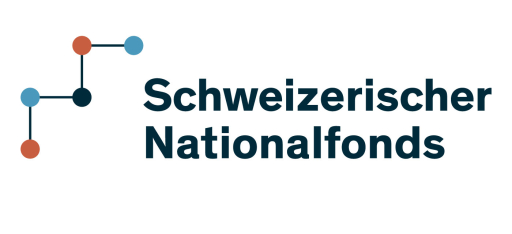Construction of Instructional Sensitive Test Items (COINS)
Student results from standardized achievement tests are often used to assess students‘ learning, to evaluate the quality of school, teaching and other educational measures or to compare educational systems at the national and international level.
Ensuring the instructional sensitivity of tests or test items is an important prerequisite for drawing valid inferences on the quantity and quality of teaching. The aim of the project is to gain insights into the construction of instructionally sensitive test items in order to use them for the development of standardized achievement tests.




